Inspired by the days getting longer and lighter, we’ve put together a selection of books that embody the hopefulness of spring.
There’s no better way to celebrate the season of change than by delving into a tale of new beginnings or adventure. Whether they address the fantastical or the everyday, each of these books capture the sense of excitement that comes with a new season.
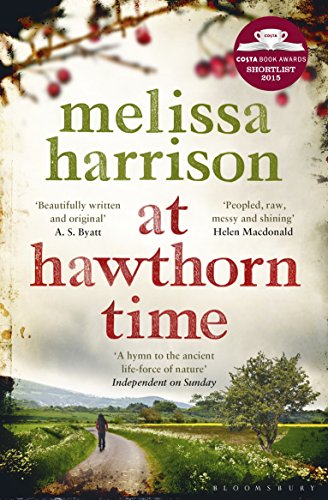
Longlisted for the Women’s Prize for Fiction 2016
At Hawthorn Time intertwines fiction and nature-writing for those wishing to embrace the pastoral beauty of a rural British spring. The novel tracks the course of a single spring month, following a couple who move from London to the countryside, a nineteen year-old dreaming of escaping, and an unanchored labourer who drifts from place to place.
Melding the wonder of the natural world with small human tragedies, At Hawthorn Time is a moving account of the fragility of life and the perseverance of spring. As the season changes, Harrison’s novel will have you longing to take a walk beneath the white blossoms of a hawthorn tree.
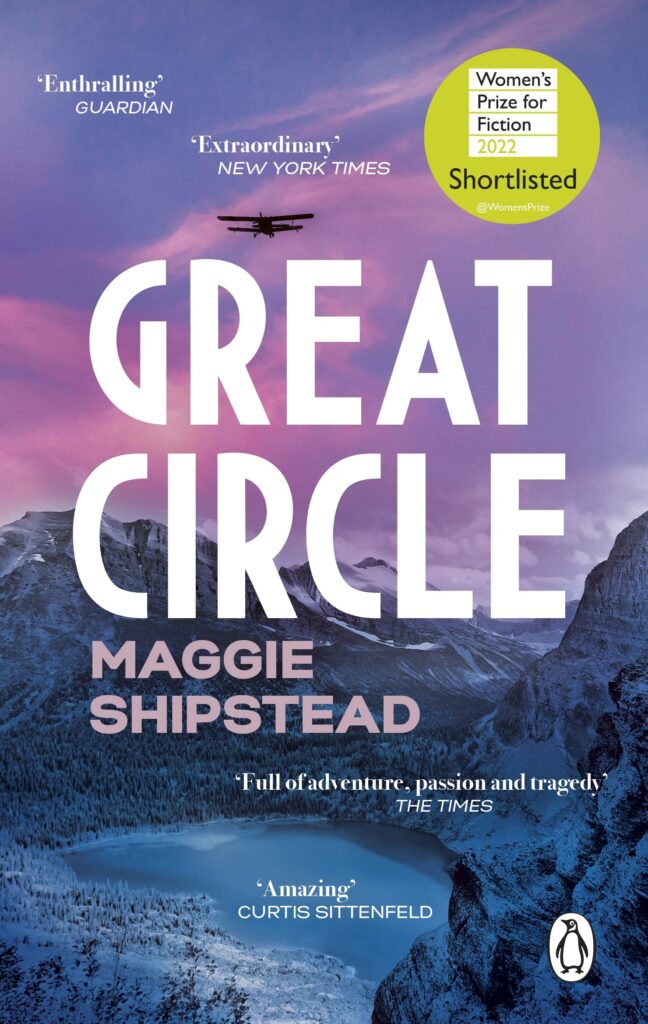
Longlisted for the Women’s Prize for Fiction 2022
Interweaving the stories of a female aviator in the 1950s and the modern-day Hollywood starlet portraying her on screen, Great Circle is a novel that spans a century and the circumference of the earth.
Marian Graves lives to fly, whether that means working for bootleggers in Prohibition America, or joining a group of female pilots in England during the second world war. That is until her sudden disappearance during an attempt to circumnavigate the globe. Half a century later, the disgraced movie star Hadley Baxter is cast as Marian for an upcoming film and goes on a journey of reinvention.
This daring novel is immense in scope and captures the sense of boundlessness Marian gains through flight. It is a fitting read for the season of possibilities.
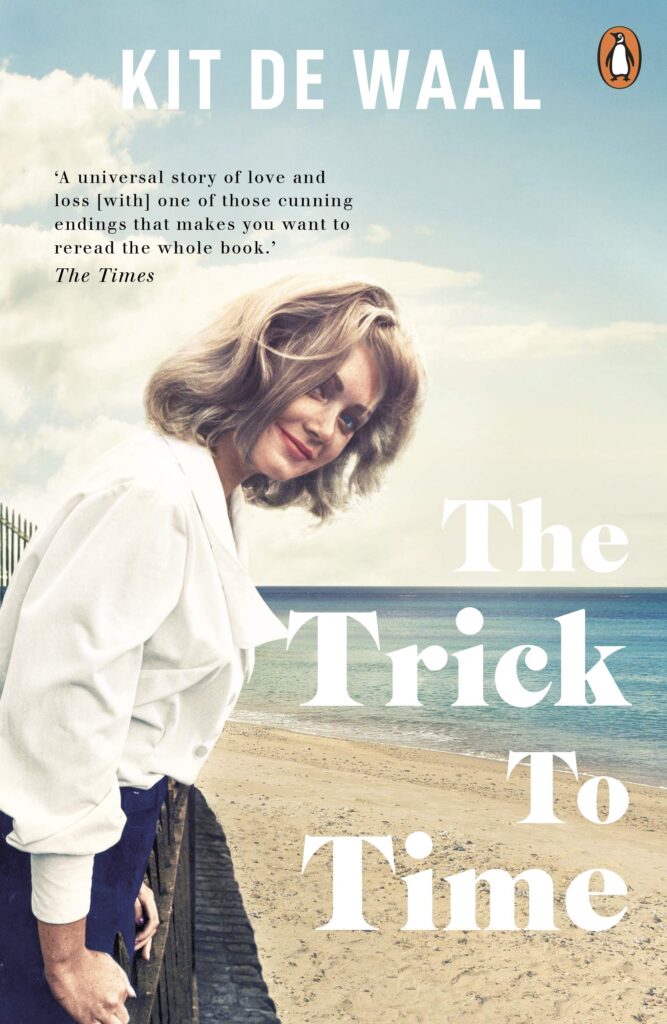
Longlisted for the Women’s Prize for Fiction 2018
Brought up in Ireland in a cottage overlooking the Irish Sea, Mona’s young life is full of change and possibility. It is her story that forms the central narrative of the novel as it moves through the different decades of her life. Mona faces a change in circumstance that brings both tragedy and joy and illuminates her resilience of spirit.
The Trick to Time has all the hopefulness of youth and, like Spring, the seasons change, time moves on and with it comes tragedy. Cunningly able to make you laugh and cry, this is a story that will stay with you.
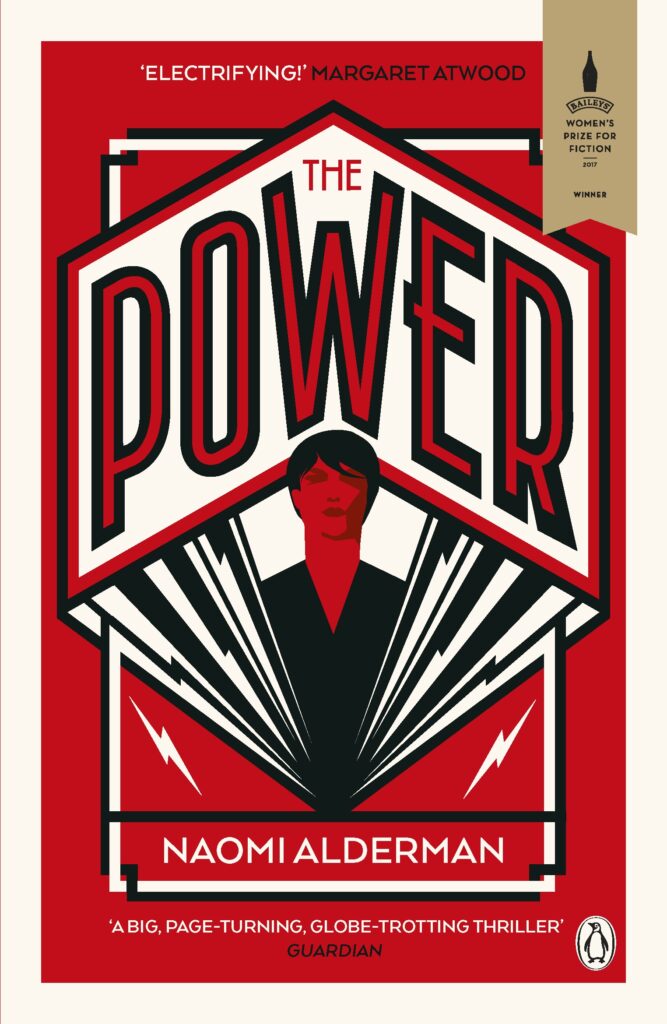
Winner of the Women’s Prize for Fiction 2017
In The Power Naomi Alderman considers what might happen if women had the upper hand over men. When teenage girls suddenly develop the ability to electrocute others at will, chaos and revolution ensue. The novel has several key plot lines: two young girls, Allie and Roxy, join forces to launch a new religion with a female deity; a New England mayor, Margot, uses her power for political gain, and a male journalist, Tunde, documents the phenomenon.
Alderman offers a fresh take on power dynamics, envisioning a world that bears both drastic differences and deep similarities to our own. Amidst the change and renewal of spring, The Power is a perfect read.
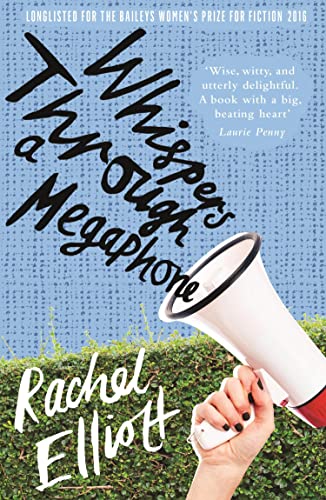
Longlisted for the Women’s Prize for Fiction 2016
After three years of seclusion, Miriam Delaney decides to re-enter the world. Stepping back into ‘normality’, however, she finds that her voice has been reduced to a whisper and the shadow of her difficult past hangs over her still.
Elliott’s debut novel revolves around two key relationships, the first between Miriam and her abusive late mother, Frances, and the second the strained marriage of Ralph and Sadie, whom Miriam meets after finally breaking free from her self-confinement. Social media is key to Elliott’s novel and Sadie’s use of Twitter leads us to question how voices are heard and ignored in modern society. Keenly observed, the novel reflects Elliott’s expertise in psychoanalysis and she captures her troubled characters with a delicate balance of humour and sensitivity.
While Miriam may be confined to whispers, Whispers Through a Megaphone speaks volumes, offering a take on fresh starts and self-discovery written with both astuteness and kindness.
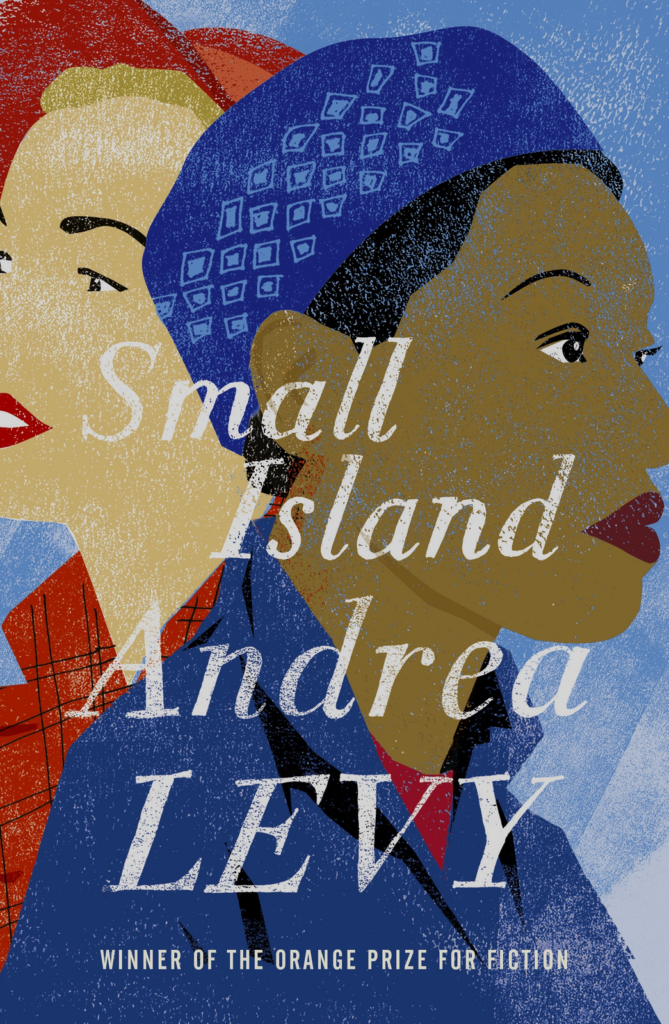
Winner of the Women’s Prize for Fiction 2004
Tackling themes of racism, love and war, Andrea Levy’s Small Island is a powerful read. When Hortense migrates from Jamaica to Britain to join her husband Gilbert, she faces great prejudice. The story of Hortense and Gilbert is paralleled by the lives of Queenie, their landlord, and her bigoted husband Bernard, who returns from the war two years after its conclusion. The novel is constructed as monologues from each of these four characters, and their voices are distinct and expertly crafted.
In Small Island, migration and change take centre stage as Hortense’s hopes for her new life are dashed by the cruel reality of a prejudiced Britain. Ultimately, Levy’s Windrush novel is both heart-breaking and resonant.
Small Island has been adapted for television and stage; a run of the play adaptation is currently being performed at the National Theatre.








